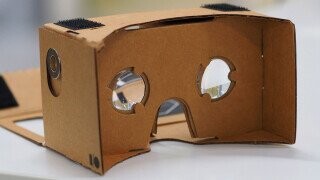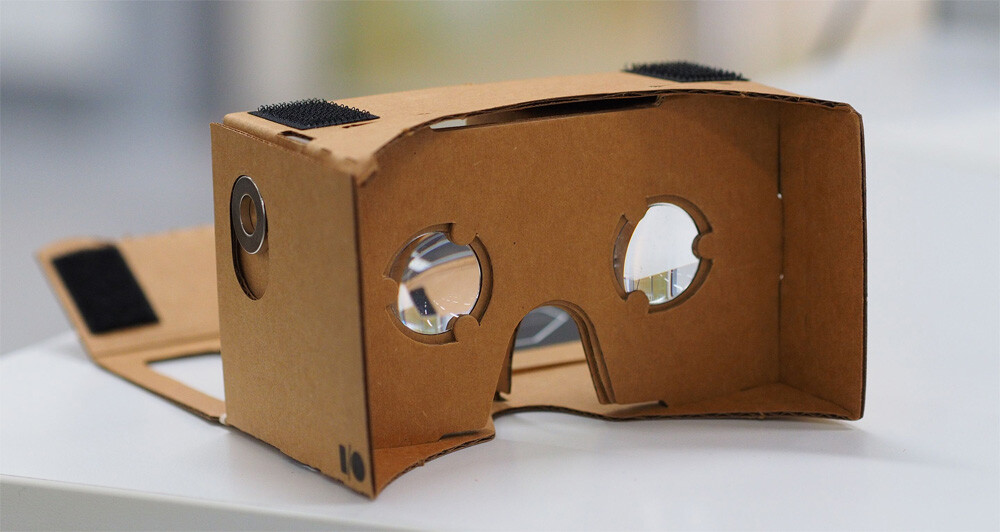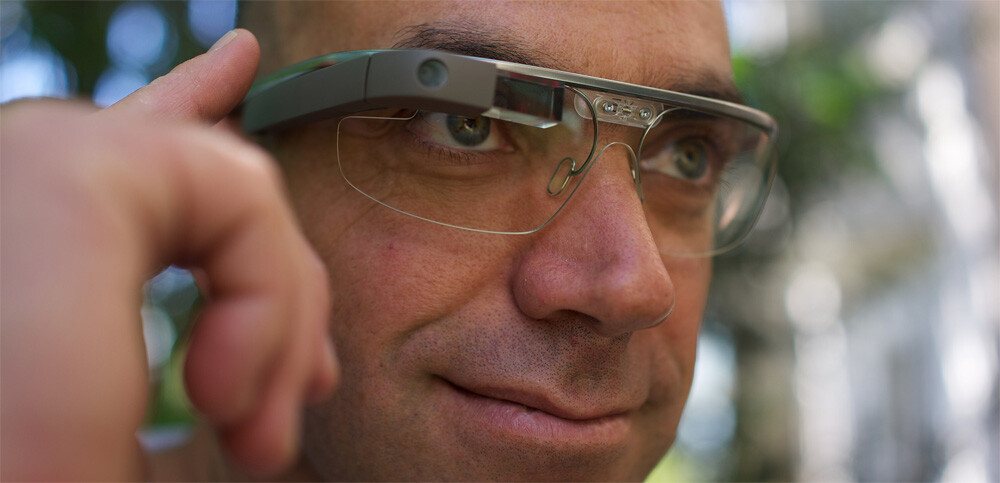Google Game Changing Products (That Weren't)

Technically, "don't be evil" was never Google's official motto, but it was a line in their code of corporate conduct until 2018. Sure, one could argue that a multinational industry-dominating company run by billionaires and able to shape the world economy may not have the best grasp of "good" to begin with. But for many, it was kind of nice knowing that the people responsible for over 90% of all searches on the internet had at least a theoretical desire not to be evil. Of course, catchy phrases which might potentially very slightly constrain the behavior of mega-corporations aren't the only thing that Google has jettisoned over the years.
Google currently lists 81 products on its About Us page. That includes everything from android ease-of-use tools like Gboard and COVID-19 exposure notifications to things you may not have realized are Google products at all, like Waze and Snapseed. It even includes things it no longer is directly involved in, such as Cardboard. The developer kits for their phone-based VR tech are now open source, and they'll link you to sellers if you still need a way to hold your phone inches from your eyeballs. Still, Google has effectively given up control over the product and switched its contributions to the project over to life support.

Don't Miss
But that's better than what some of their sibling products got, as shown by the hundreds that the company has canceled or stopped supporting over the years ...
Google Play Music (2011-2020)
This particular loss I take personally.
Android owners rely on the Play Store for many of their apps. While it's possible to circumvent it via side-loading, as a non-techy, I consider it the easiest way to find and download apps and, until recently, media. Going forward though, Google wants to route pretty much every media interaction on their platforms through YouTube.
Google Play Music was shut down in the midst of the pandemic. What millions of Android users REALLY needed most was to lose their default application for buying, downloading, and listening to music and podcasts, and only four months warning that all the music they bought would be deleted and not refunded if they didn't personally migrate it to another platform by the end of December.

Now I can't speak for everybody who was in the midst of graduate school finals, holiday shopping, uncertain about our democratic future due to an unconceded election, and despairing about vaccine availability. But for me? It led to emails that appeared to be asking me to update some settings sliding down my to-do list instead of the top billing I typically give them.
And while it sucks losing almost a decade of digital music purchases because one of the world's foremost tech companies can't migrate music on their own, it sounds like I'm not missing out on much by having an empty YouTube Music library that would play ads while I'm listing to albums I own.
Google Reader (2005-2013)
Not every free web-based product warrants a memorial page, but Google Reader is among their number. The RSS feed reader had some unique options that made it a favorite for bloggers and those Terminally Online long before we started telling each other to touch grass. People are still writing about how much they miss it today and even writing hot takes about how they're wrong to miss it.
No matter what camp you fall in with regards to how much a loss a way to curate content across multiple sites into something more like an email inbox was, you probably have noticed you're visiting fewer and fewer individual sites in your hunt for content.
About 22 Distinct Google Messaging Apps (2005 – Present)
Since 2005, Google has launched and killed over a dozen products aimed at letting you send instant messages to other users -- a staggering number which has been studied in depth by Ron Amadeo at Ars Technica. The same ideas repeatedly crop up again, with a good chunk of the blame falling on the "Minimum Viable Product Launches" that are supposed to grow additional features and refinements with user feedback after launch, instead of releasing a totally complete project.
Many other products Google has left in a shallow grave with just the briefest of prayers were victims of the same processes Amadeo chronicles. Gchat, Allo, Wave, and all the rest are in good company.

iGoogle (2005-2013)
Once upon a time, it seemed like customizability was going to be the future of technology. All of our tech was going to be modular, no two phones or interfaces would be exactly the same, and we'd all know enough to tailor our experiences for ourselves. What happened instead is that algorithms filter everything for us while advertisers and corporations put heavy fingers on the scale.
But for a while, iGoogle, which somehow didn't provoke an Apple lawsuit, had it made. A google homepage where you could get personalized information and links in whatever arrangement you wanted? People were desperate for a replacement when it was lost. Not least among them were high school students who realized the site was structured in such a way that it was possible to play all sorts of typically blocked games without navigating off their home page.
Google+ (2011-2019)
To be honest, you didn't even know that Google+ lasted 8 years. It was damn near an opt-out social media network. Almost everybody with a Google account for Gmail had a Google+ account and promptly forgot about it. Unfortunately, while most of the world forgot about G+ well before it was discontinued, the death was far from clean.

Project Ara (2013-2016)
Maybe putting an aquarium in your smartphone isn't a great idea. But it is an undeniably cool one, as was most of the concept behind the highly modular smartphone Google worked on for three years before killing off (to some applause) in 2016.

Frankly, though, even if the idea didn't take off, it would be nice if we could still replace our own batteries. It's not like they're tractors.
Google Public Service Search (2002-2006)
Google claims it shut down this service due to a security issue, but it never brought the four-year-old program back online. It allowed non-profit organizations, educational institutions, and governmental agencies and sites to give users a site-specific search function without subjecting users to ads. While generally just a courtesy that would make trying to navigate your town's website for the right form or page just a little bit less annoying, the potential also exists for ads served on these searches to be of a political nature and attempt to influence public opinion.
Alternatives to this still exist, but you have to opt-in to the program and apply for it, a process that is a bit complicated.
Google OS (2013-2017)
Remember Google Glass? When they announced the wearable hottest, it was going to help us navigate cities, buy tickets by talking to ourselves, and serenade our girlfriends with ukulele tunes via rooftop video chat sessions? Of course, the reality was a bit underwhelming. Google initially sold prototype units that didn't offer quite the same experience as their slick promo videos indicated, and the future didn't arrive all at once.

Google Glass
Google stopped selling prototypes to the general public. The Google Glass program overall isn't dead, but the software base has changed enough they stopped supporting development for the existing units. Further Glass work is now much more focused on enterprise wearable tech than turning us into Hawaiian-instrument playing cyborgs. Unless you work for DHL. Typical capitalism: emphasizing profitability over helping us all become indie rom-com protagonists.
Top Image: othree/Wiki Commons